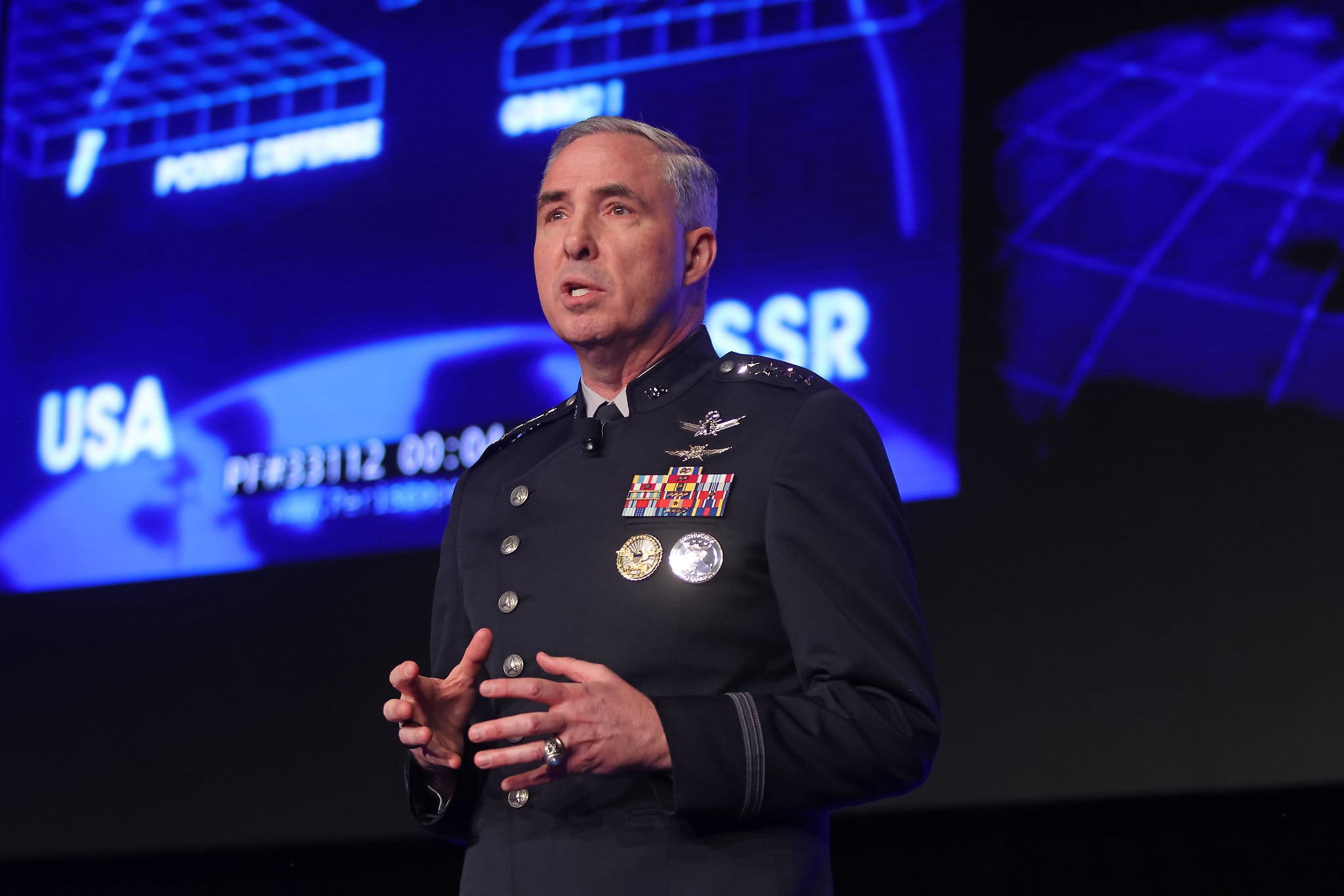WASHINGTON — The Air Force’s chief software officer Nic Chaillan announced his departure in a blistering online post Thursday that criticized senior leaders for not taking IT modernization seriously and hamstringing senior IT leaders.
While Chaillan listed accomplishments in the LinkedIn post from his three years with the service — ranging from cybersecurity reforms to new cloud platforms for software development — he wrote that his departure from federal service comes amid frustrations with the department’s commitment to basic IT. In his post, Chaillan wrote of a “lack of response and alignment is certainly a contributor to my accelerated exit.”
An Air Force spokesperson declined to comment.
“With my 22 years of expertise running IT innovation, I was underutilized and poorly leveraged by the DOD, as most of my time was wasted trying to convince folks to engage with me and consider more relevant and efficient solutions, while I watched as they continued to deliver capabilities that do not meet the basic needs of our warfighters,” wrote Chaillan, who joined the Air Force in August 2018. “The DoD should stop pretending they want industry folks to come and help if they are not going to let them do the work. While we wasted time in bureaucracy, our adversaries moved further ahead.”
Chaillan, who said he will spend time with family and explore “rejoining boards,” took issue with the bureaucratic structure of the department’s IT program offices, asserting that majors and lieutenant colonels without IT experience shouldn’t be in charge of cloud, zero trust cybersecurity initiatives, or identity, credential and access management. The department, Chaillan said, needs to staff IT jobs with skilled workers.
“We would not put a pilot in the cockpit without extensive flight training; why would we expect someone with no IT experience to be close to successful? They do not know what to execute on or what to prioritize which leads to endless risk reduction efforts and diluted focus,” Chaillan wrote.
Chaillan shepherded the creation Platform One, the department’s first enterprise software development platform that used DevSecOps, a rapid software development approach. He lamented in his post that the Defense Department is still using outdated approaches to software acquisition, slowing the pace of change in the department, and he warned that the Pentagon has to move faster to compete with China.
“It seems clear to me that our leaders are not aligned with our vision in pursuing agility, the importance of DevSecOps, continuous delivery of capabilities, nor, most importantly, the need to fund teams, like Cloud One and Platform One, that are making things happen for the Department, and is a catalyst for change across the Government,” Chaillan wrote.
Chaillan added that he was frustrated at a lack of fiscal 2022 funding for a Joint All-Domain Command and Control project he was tasked with developing.
He also alleged that he and Lauren Knausenberger, the Air Force chief information officer, were “largely unempowered” to address “basic IT issues.” The CIO’s office also declined to comment.
“We are running in circles trying to fix transport/connectivity, cloud, endpoints and various basic IT capabilities that are seen as trivial for any organization outside of the U.S. Government,” Chaillan said.
Andrew Eversden covers all things defense technology for C4ISRNET. He previously reported on federal IT and cybersecurity for Federal Times and Fifth Domain, and worked as a congressional reporting fellow for the Texas Tribune. He was also a Washington intern for the Durango Herald. Andrew is a graduate of American University.








